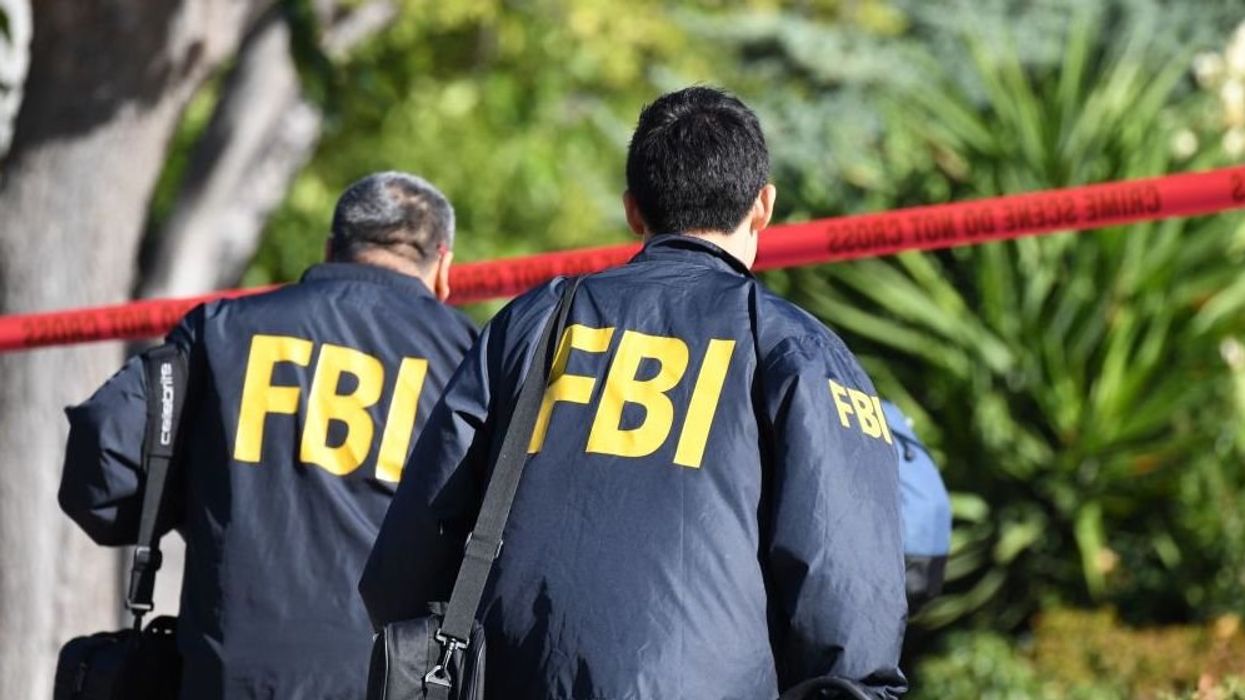
ROBYN BECK/AFP via Getty Images

Liberty Safe, the prominent gun safe company, promised Wednesday to give customers more freedom to prevent unwanted obtrusions into their safes.
The company is facing intense backlash after admitting it provided a customer's safe code to the FBI. That customer, an accused Jan. 6 protester, had his safe breached last month after the FBI, with a search warrant in hand, asked Liberty Safe to give the bureau the code to the customer's safe — and the company complied.
Liberty Safe confirmed in a statement that company "protocol is to provide access codes to law enforcement if a warrant grants them access to a property."
Ironically, Liberty Safe claims it is committed "to protecting the personal property and 2nd amendment rights of our customers" and "to preserving our customers' rights, and we will remain unwavering in those values."
Liberty Safe released a statement late Wednesday announcing a policy change that allows customers to erase their safe codes from Liberty Safe's records.
"Effective immediately, existing customers can visit www.https://www.libertysafe.com/pages/combination-removal and fill out the form to have records of the access codes expunged," the company said in a statement. "In the coming weeks, we will be releasing a feature that gives every new customer this option when registering their safe."
"This change allows customers to take control of how their information is stored and protected," the statement added. "We understand that many of our customers are willing to assume responsibility of safeguarding their own combination. While those who opt out of our data storage process will have limited recourse in case of a lost combination, we respect their choice and are here to support them in the way that's best for them."
Importantly, Liberty Safe is also changing how it cooperates with law enforcement.
Now, instead of providing access codes when presented with a warrant, Liberty Safe "will require a subpoena that legally compels Liberty Safe to supply access codes."
The caveat, the company noted, is that subpoena compliance can only happen if someone's code remains in the company's database.
For many customers, however, the policy change is too little, too late.
Like Blaze News? Bypass the censors, sign up for our newsletters, and get stories like this direct to your inbox. Sign up here!